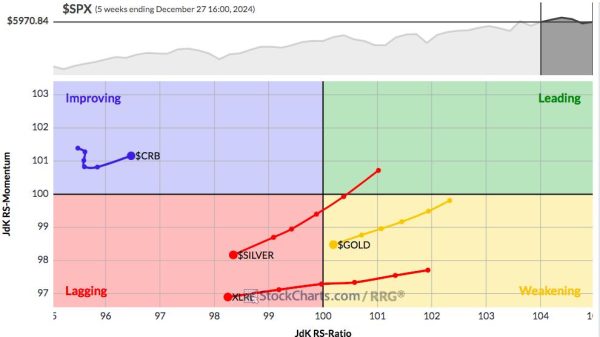Some of Britain’s largest retailers are facing the prospect of paying millions in damages due to a wave of equal pay lawsuits, many of which are backed by contentious litigation funding arrangements.
Last month saw the latest development in a long-standing legal case against Asda, where tens of thousands of employees are suing the supermarket. The claim argues that shopfloor workers, predominantly women, are paid less than warehouse workers, who are mainly men, in violation of equal pay legislation.
The Asda hearing comes on the heels of a legal victory for workers at Next, where an employment tribunal found that the retailer failed to justify the pay disparity between its warehouse staff, primarily men, and its shopfloor workers, who are mostly women. Next plans to appeal the ruling, which could see compensation amounting to £30 million for the claimants. The case was represented by law firm Leigh Day and funded by Harbour Litigation Funding.
Similar legal challenges have been launched against other retail giants, including Morrisons, Tesco, Sainsbury’s, and the Co-op. Leigh Day has confirmed that all its supermarket equal pay cases are being pursued under a damages-based agreement, involving over 100,000 retail employees across the UK. Harbour Litigation Funding is also supporting claims against Sainsbury’s, Morrisons, and Tesco.
David Williams, an employment partner at the City law firm Fox Williams, noted that the retail sector is under significant pressure. “There’s quite a degree of concern [in the retail industry] and I think it’s coming from a variety of sources. The liabilities are potentially enormous because there are lots of people in the sector and there’s a history of businesses not taking equal pay seriously,” he said. “This is a wake-up call for many companies to audit their practices and address salary disparities.”
Therium Capital Management, another litigation funder, is backing the case against Tesco. Founded in 2008, Therium manages 12 separate litigation funds, collectively supporting claims valued at $36 billion. The company has a track record of backing high-profile cases, including legal action against the Post Office and supporting Noel Edmonds in his legal battle with Lloyds Bank over issues related to its HBOS subsidiary.
Litigation funders operate by raising capital from sources such as hedge funds and sovereign wealth funds. This money is pooled to finance various claims, with profits from successful cases enabling further investments in legal actions. While this funding model can facilitate access to justice, it has sparked controversy. Critics argue that it breaches the common law principles of champerty and maintenance, which historically prevented third parties from funding legal disputes for profit.
The rapid rise of class action lawsuits and third-party funding has led to concerns within the business community. A recent report by the Adam Smith Institute warned that these legal mechanisms expose many companies to claims worth billions. Meanwhile, the US Chamber of Commerce has been lobbying against the spread of class action litigation and associated funding models in the UK and Europe, arguing that they mirror contentious practices seen in the United States.
In England and Wales, two types of no-win, no-fee agreements are now prevalent. The traditional model, conditional fees, allows lawyers to take an uplift of up to 100% on their standard fees for winning cases. However, the newer damages-based agreements are more controversial. Resembling contingency fees in the US, these deals permit lawyers and their third-party backers to claim up to 50% of the damages awarded, leading to unease among defendant companies facing potential litigation.
Read more:
Equal pay lawsuits threaten to cost retailers millions as legal pressure mounts
























